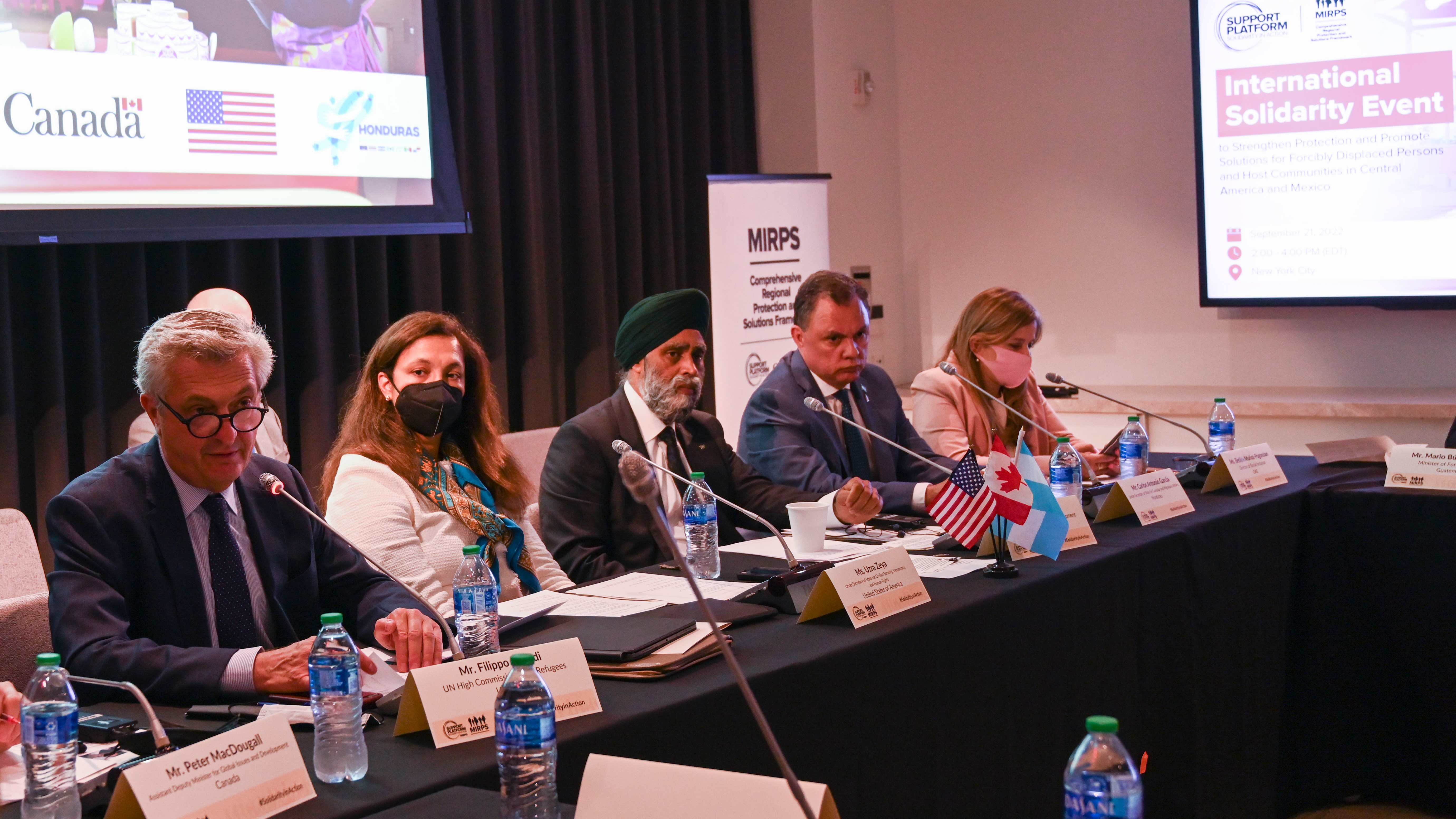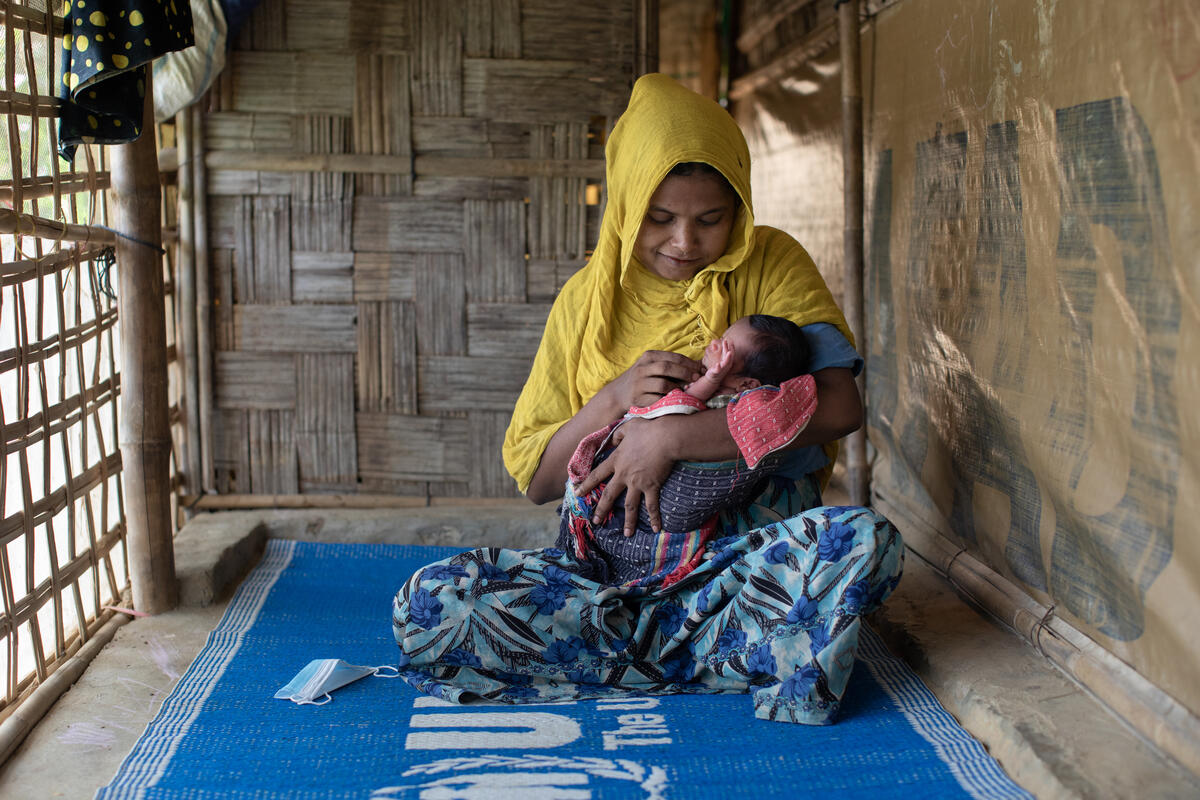The UN refugee agency runs out of cash, urges donor support
The UN refugee agency runs out of cash, urges donor support
The UN refugee agency (UNHCR) today said its cash availability was the lowest in almost ten years and warned that it will be forced to freeze aid implementation agreements with partner agencies if the cash shortage continues.
UNHCR hailed a contribution by Sweden this week of SEK 370 million (US$ 42 million), saying it would improve the cash situation. In accepting the contribution, High Commissioner Sadako Ogata praised Sweden's generosity, and the predictability and flexibility of the funding arrangement.
But in a letter to its main donors, the UN refugee agency said it still expected a shortfall this year of nearly US$ 150 million. It said a rigorous prioritisation exercise would be necessary which will inevitably cut into some of refugee programmes. It said its cash situation at the onset of the second quarter was particularly bad.
The agency said the year began very well. By January 19th the agency received an unusually high 19 percent of its annual budget of US$ 965 million which had been approved by UNHCR's Executive Committee - the agency's governing body.
However, UNHCR said the level of contributions subsequently fell sharply. By April 1st only 24 percent of the agency's requirements had been met, as opposed to over 30 percent the year before.
UNHCR warned that its current cash problems would inevitably lead to interruptions in the agency's programmes world-wide which will then be difficult to re-start, once the flow of contributions has resumed.
UNHCR has long argued that early and flexible funding pledges and cash contributions are vital to ensure the continuity of the agency's work and to maintain its stand-by capacity to respond quickly to fresh crises.
Over the past year, the agency has streamlined its old complicated budget structure once rigidly divided into "general programmes" and "special operations," forming a new unified budget which can be used with greater speed and flexibility.








